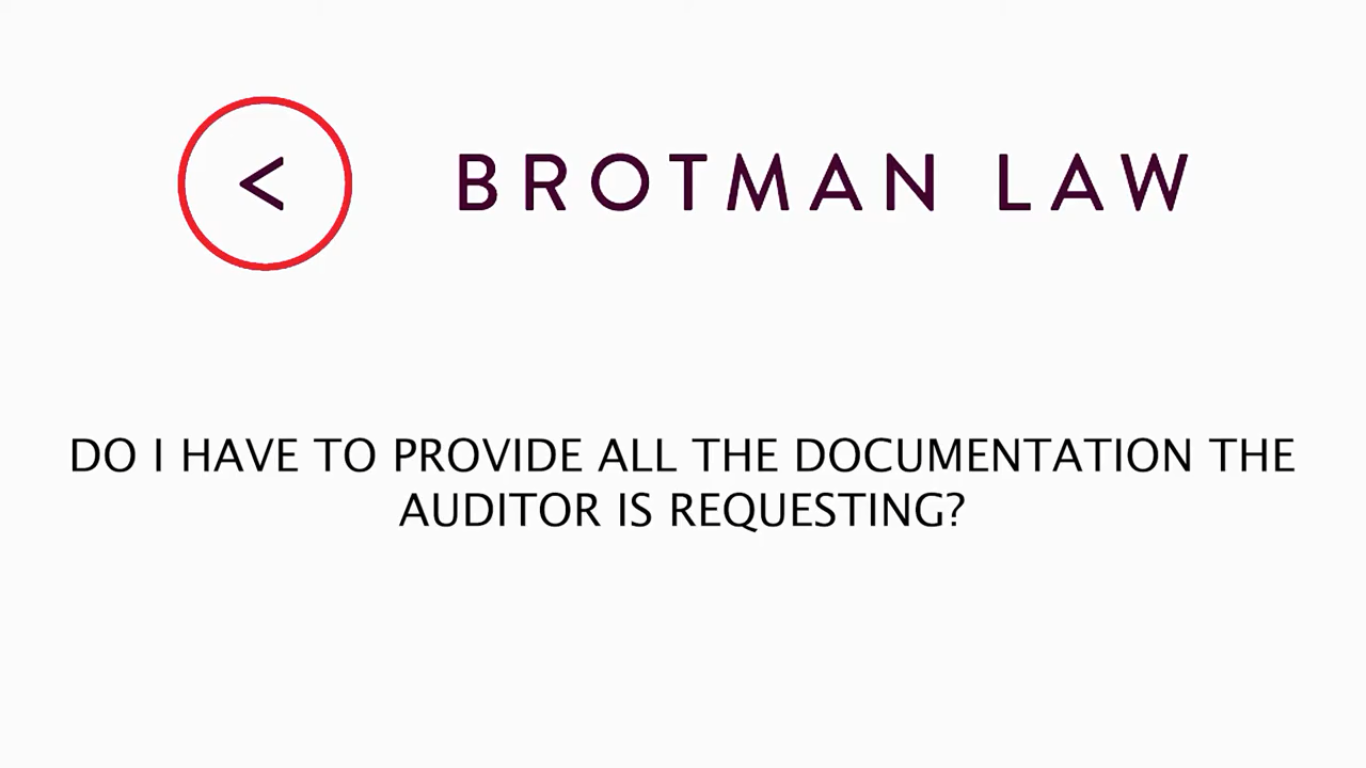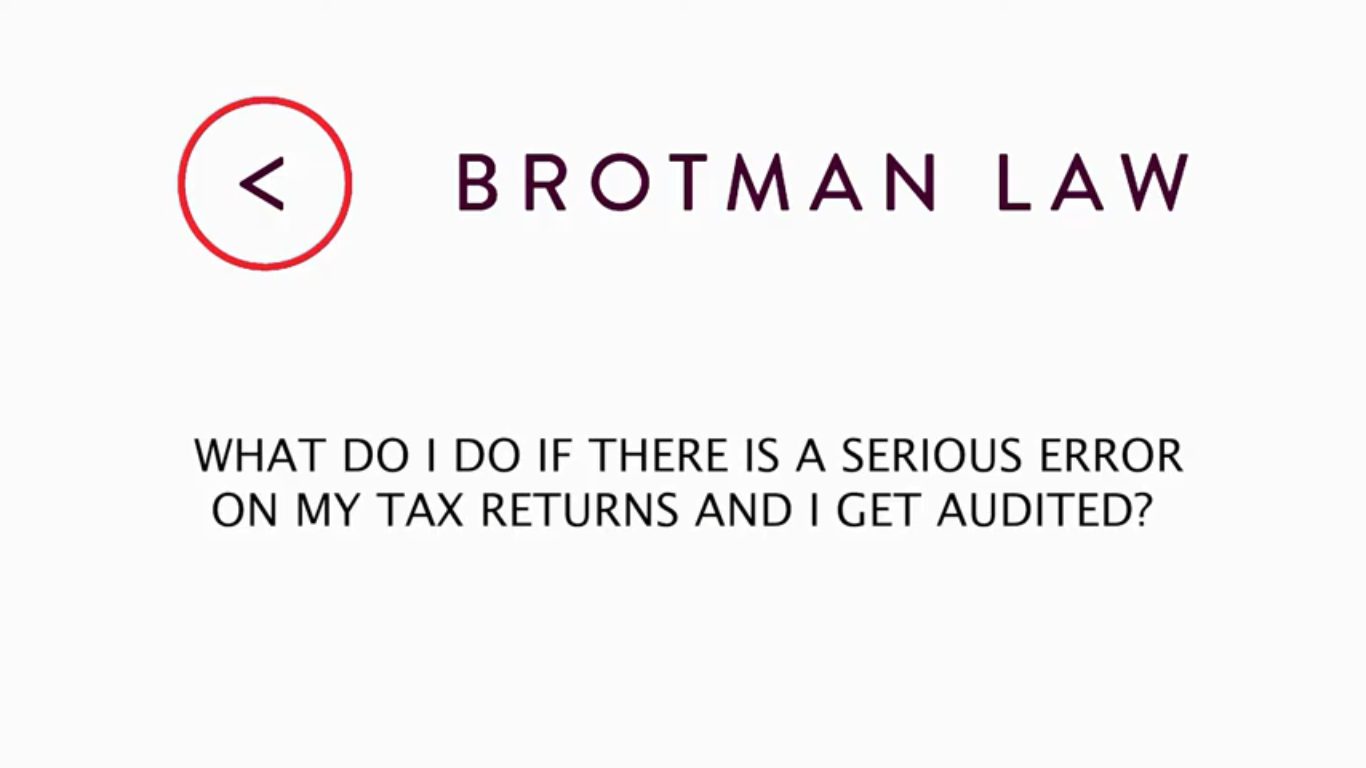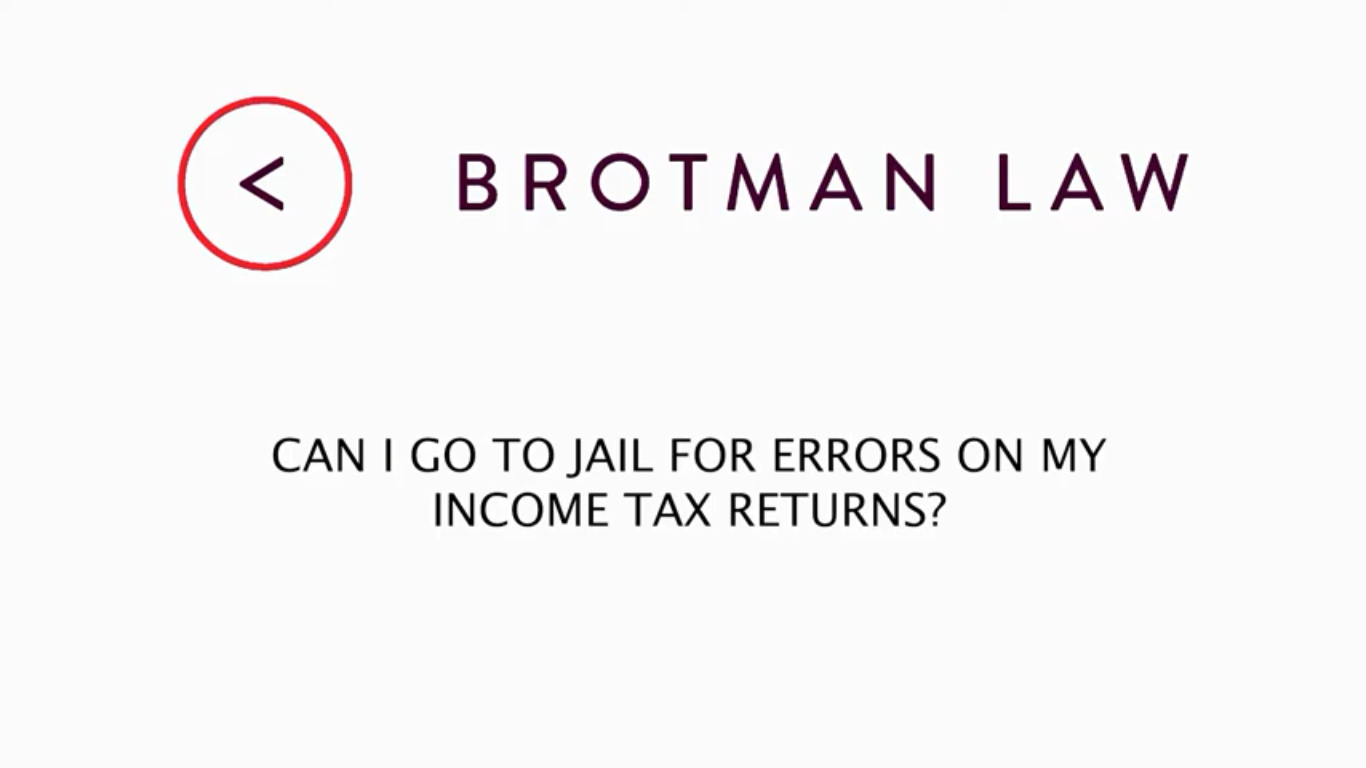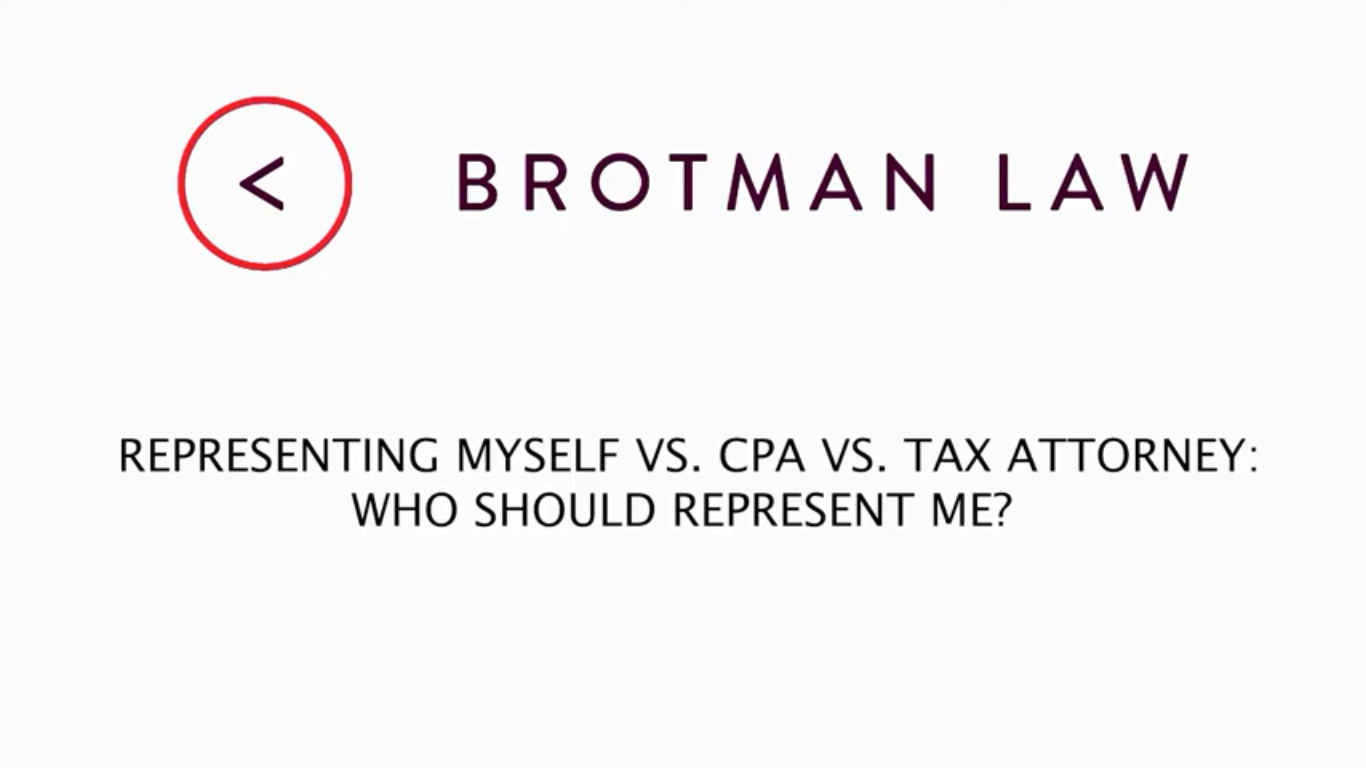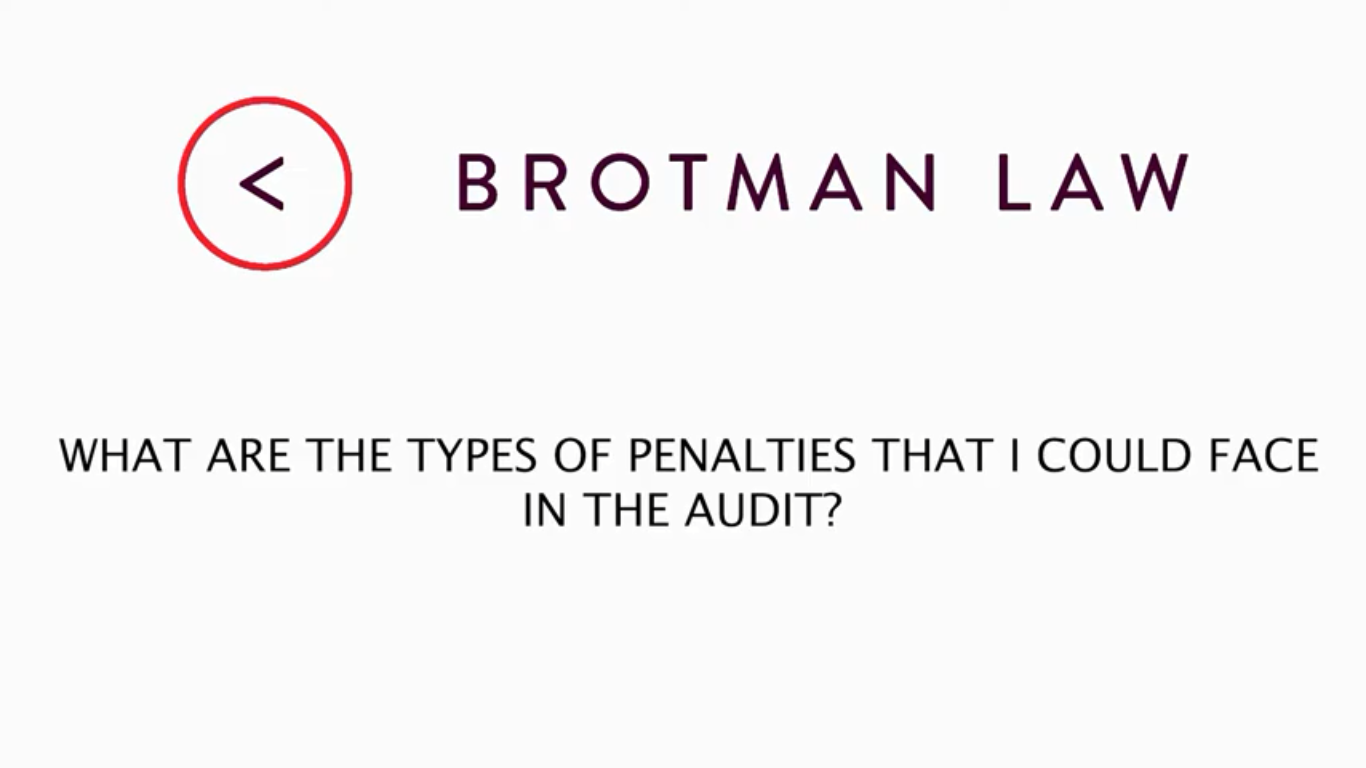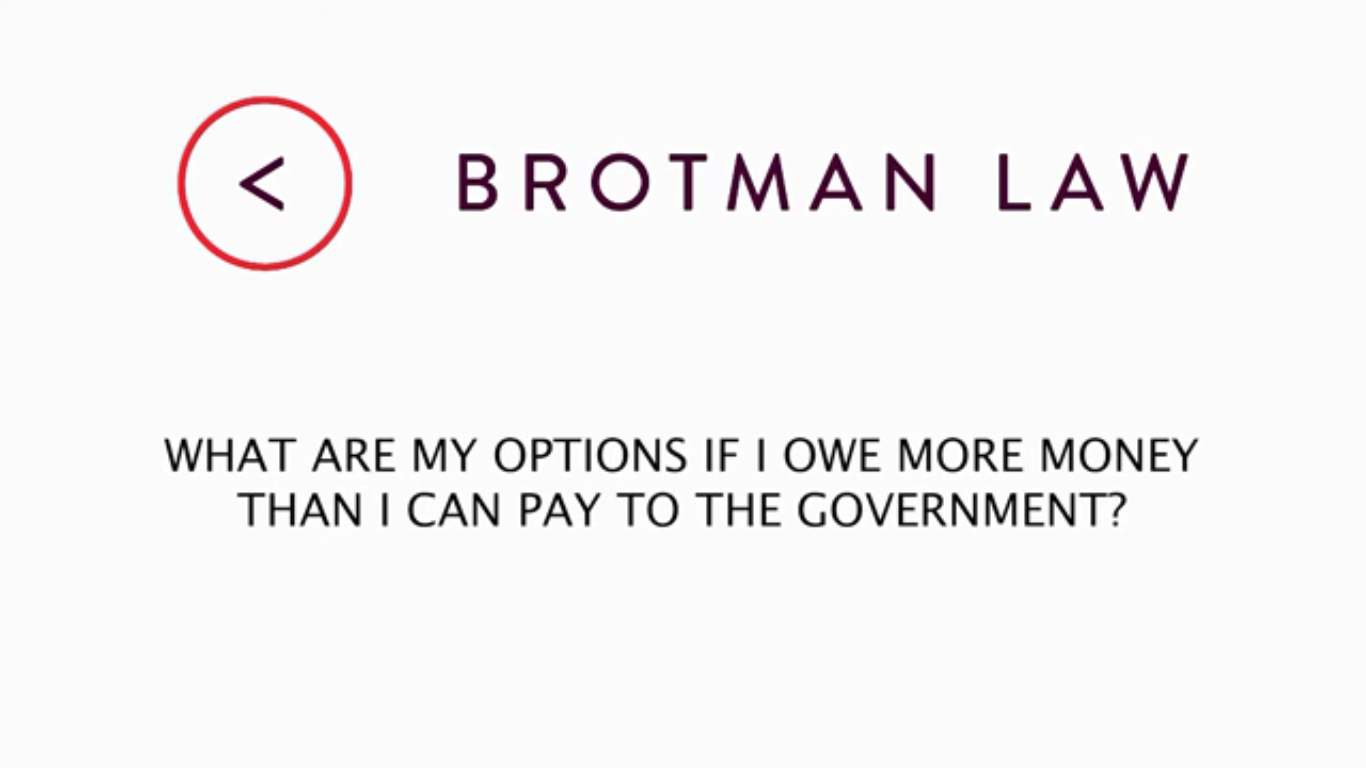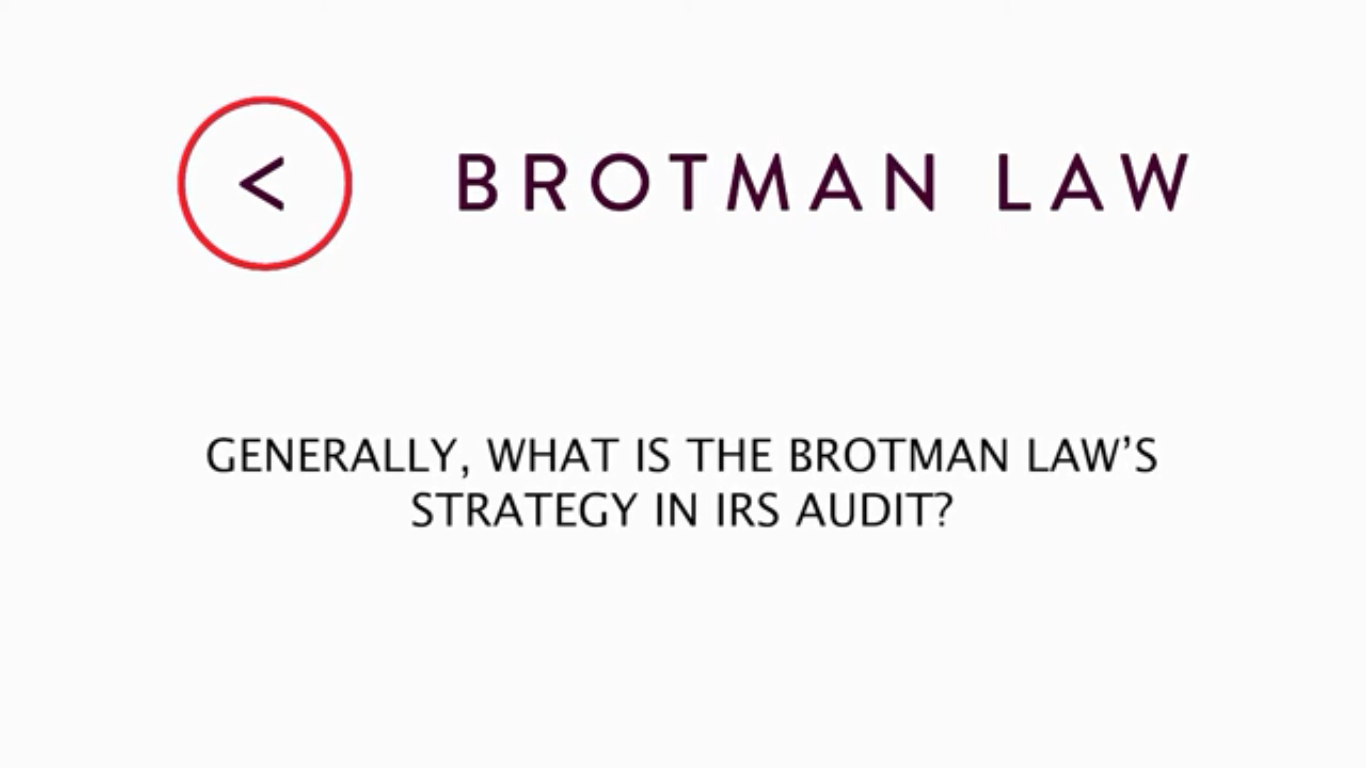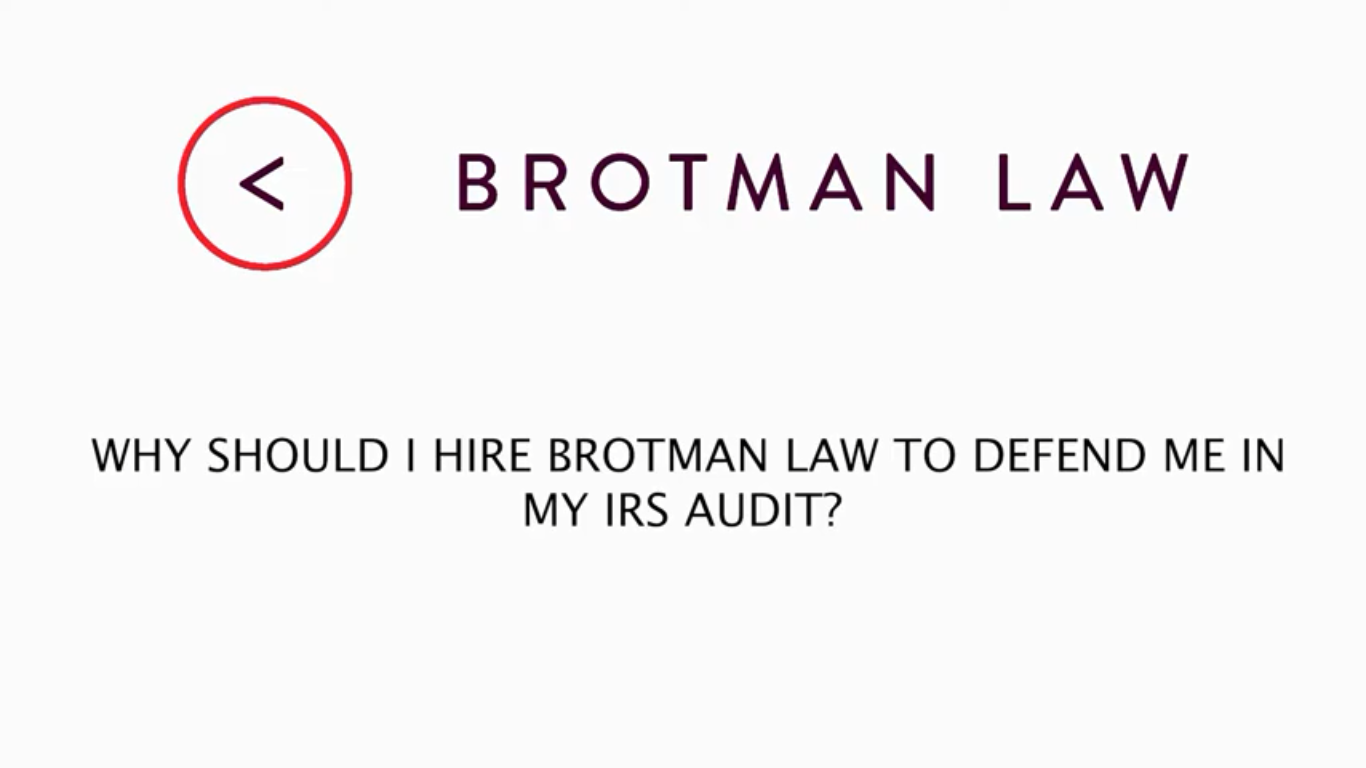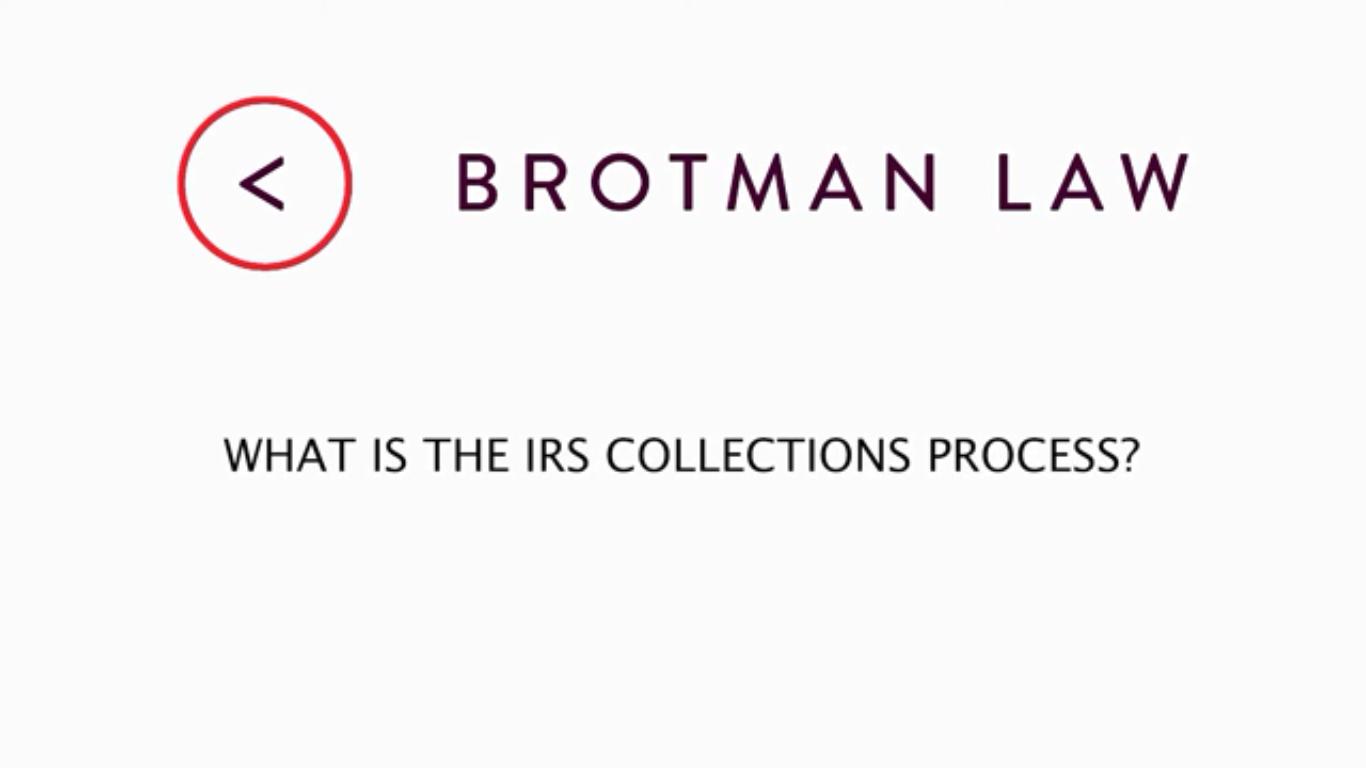Yes you can! With the caveat stated that most people do not go to jail because of errors on the return, criminal prosecutions take willfulness. There has to be some deliberate action on your part to mess up the return or to conceal income or hide expenses in some way. If there’s no evidence of willfulness, prosecution is probably not likely but in the course of the investigation, the auditor is looking for things called badges of fraud. They’re looking for evidence that you manipulated the numbers on your return in order to lower your taxable liability. If the errors are serious enough, it’ll trigger a referral to the Criminal Investigation Division of the IRS. So while the chances of jail are not exactly likely, if you’ve got a serious error on the return and you suspect willfulness it can and will trigger a criminal referral which is something that you don’t want to deal with.
Do I Have to Provide All the Documentation the Auditor Is Requesting?
For the auditor to perform his task he will require all the documents which he will request. Read the blog to now why and how it will help.
